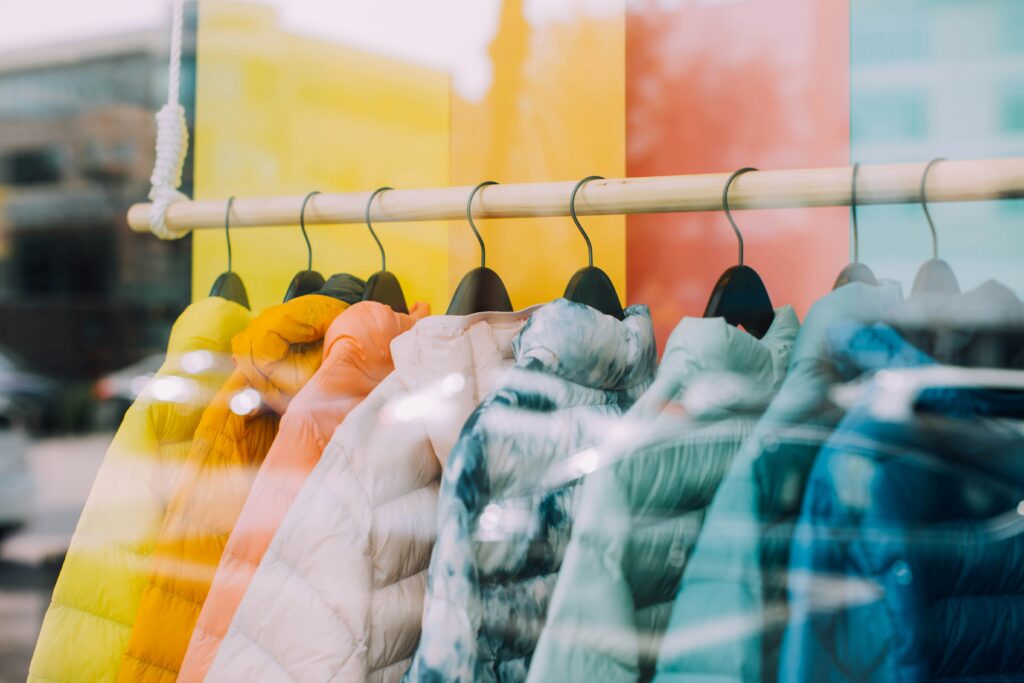Shopping can get you high. I am not talking about the Amsterdam fug you might inhale around much of Central London, but our own endorphin rushes from making a fantastic purchase. And there wouldn’t be karma without possible feelings of guilt too. It can be an emotional process.
Marketers help us on this emotional journey. They incentivise us with buy-one-get-one-free, (the notorious “BOGOF”), seductive sale prices and permanently open doors – regardless as to how much heat is being unnecessarily pumped into the streets. Increasingly, companies want to assure us that they are on the side of good and what we are buying from them is also good, or not harmful – to the planet, to animals, to those who made the products.
There are a lot of marketing terms to help assure us – “natural, eco-friendly, sustainable, recyclable, low carbon, clean, regenerative” the word “conscious” added to make a compound word like “resource-conscious.” These terms might persuade the conscious consumer or justify a higher price point. They are also very easy to use, as they are mostly unproveable.
The elasticity in these green marketing claims has reached epidemic proportions. And where there is a gap between the truth and the claim this is the definition of “greenwashing”. One recent survey in the UK and the Netherlands found that, of over 500 corporate websites surveyed, over 40 percent contained claims that “fall into the category of greenwashing”.[1]
Greenwashing naturally makes people cynical about honest claims of responsible, sustainable manufacture. Why buy the more expensive green product if it’s been produced exactly the same way? It’s a rip-off.
Field is increasingly being asked to investigate fraud in marketing claims which may constitute greenwashing. This can be through examination of a supply chain, or how a decision to launch a product was made. The request can come from an investor or from a firm itself to ensure that it’s on the right track. We are always happy to help promote those who are working to be part of the solution and hold the fraudsters accountable.
In practical terms, please tell shopkeepers to close their doors and not heat the streets. Let’s keep the green smoke out of business.
Photo by The Nix Company on Unsplash


